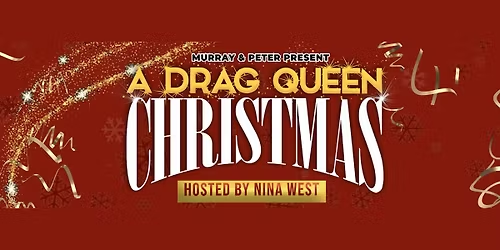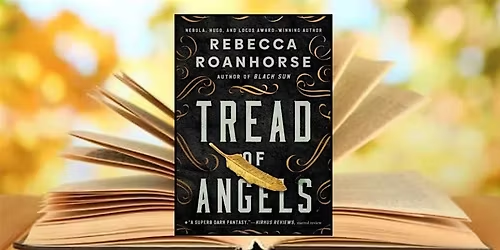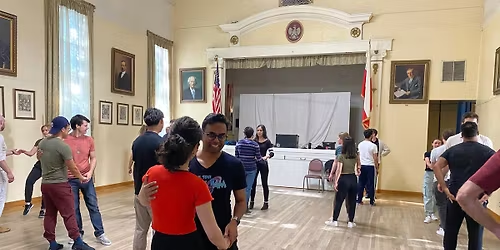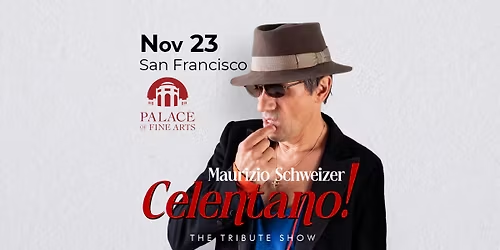
About this Event
Date: 11/23 2-3:30 P.M.
Location: San Francisco Main Library - Lover Level - Latino/Hispanic Room
The sword is one of the oldest weapons in Chinese martial arts and was the primary weapon of armies during the Warring States and pre-Qin periods. With the rise of the saber in the Han and Tang dynasties, the sword gradually faded from the battlefield, taking on new roles as a tool for self-defense, ceremonial display, and ultimately as a symbol of cultural and spiritual pursuit among scholars. Over thousands of years, the sword transformed from a weapon of war into an instrument of the Way (“Dao”) and of spiritual practice, carrying rich cultural meanings and symbols. Its form and techniques are deeply interwoven with Chinese traditions—philosophy, aesthetics, medicine, architecture, religion, and art—embodying profound Chinese wisdom and Eastern spirit.
Zen, originating in Buddhism, is a practice of spiritual cultivation that distills the essence of Chinese culture. It embodies both an “engaged” pursuit within the world and a serene detachment beyond it. In its development, Zen harmonized beautifully with traditional Chinese practices such as tea, medicine, calligraphy, and painting—giving rise to “Zen tea,” “Zen medicine,” and “Zen calligraphy.”
The union of Zen and martial arts is best represented by the world-renowned Shaolin Kung Fu, expressing the integration of “Zen and fist”—compassion, responsibility, and a spirit of justice.
Exploring between “sword” and “Zen” reveals a uniquely Eastern way of thinking, a reservoir of Chinese wisdom, and a spiritual dimension that resonates with modern seekers. It interprets the aesthetics of “both sword and Zen,” creating a state of purity in body and mind where “without sword, without Zen” becomes possible.
This presentation is the culmination of years of reflection by Dr. Ma Wenguo from Chang’an, China. Through the sword, he evokes the boundless spirit of Zen, carrying its breath across heaven and earth, and sharing its timeless heart.
剑,在中国武术之中是一种古老的兵器,也是战国和先秦时期军队装备的主要兵器。随着汉唐时期刀的出现和完备,逐步退出军旅,成为防身和仪仗的配备,亦是文人心中的“道器”。故而,剑在数千年的历史演进中逐步完成了从“兵器”到“道器”和“法器”的转变,承载了中国文化的诸多元素与符号,成为一种“与道同符”的精神追求。剑的形制和技法与中国传统的文化水乳交融,息息相关,诸如哲学、美学、医学、建筑、宗教、艺术等,富含了巨大而宏深的中国智慧和东方情怀。
禅,本身来自佛教,是一种东方人的精神修炼,凝聚了中国文化的精髓,继而彰显一种“入世”的进取和“出世”的清静。
在禅宗发展的历程中,自然和中国传统的茶、医、书、画等进行了完美而精妙的融合,于是便有了“禅茶”、“禅医”和“禅书”等。
禅和武术的结合则是体现了闻名于世的“少林功夫”,体现了“禅拳一体”的慈悲与担当,更有“匡扶正义”的济世风骨。
在“剑”与“禅”之间探索独具特色的东方思维,中国智慧,寻觅现代人“剑禅合一”的精神时空,解读“亦剑亦禅”的东方美学,营造“无剑无禅”的身心纯净,是来自中国长安马文国博士的数年之功而感发,一把剑,可以倾吐无尽禅意,掠过天地禅风,诉说悠悠禅心。
Event Venue & Nearby Stays
San Francisco Public Library, Larkin Street, San Francisco, CA, USA, United States
USD 0.00












